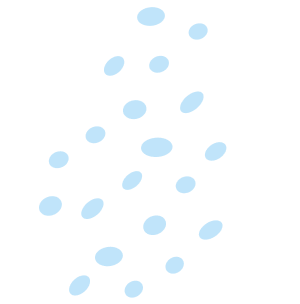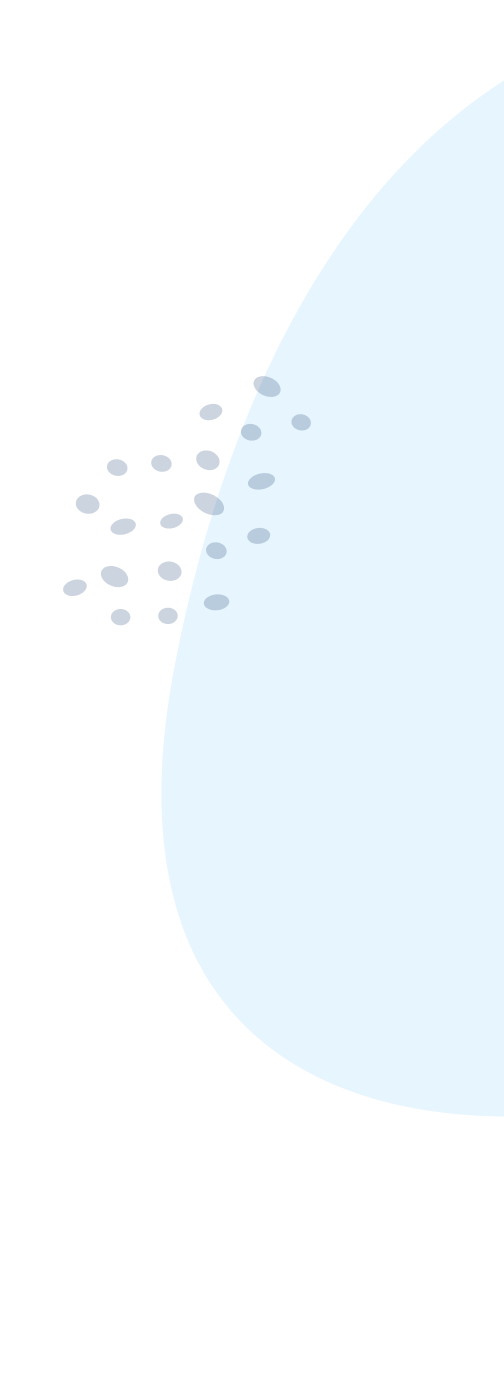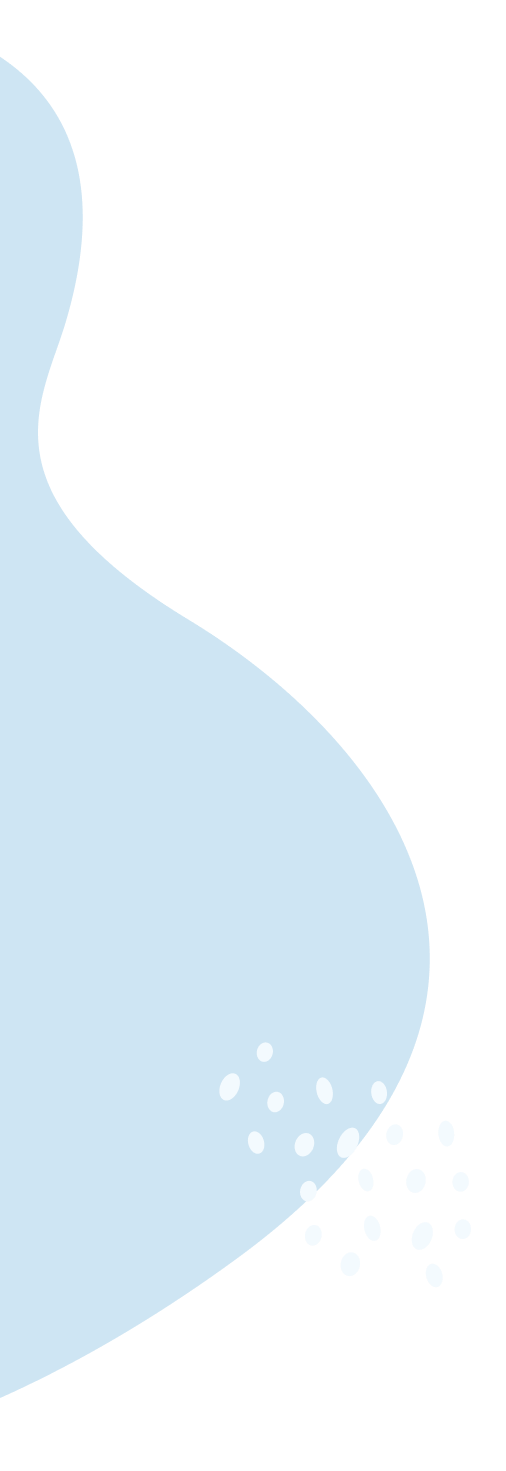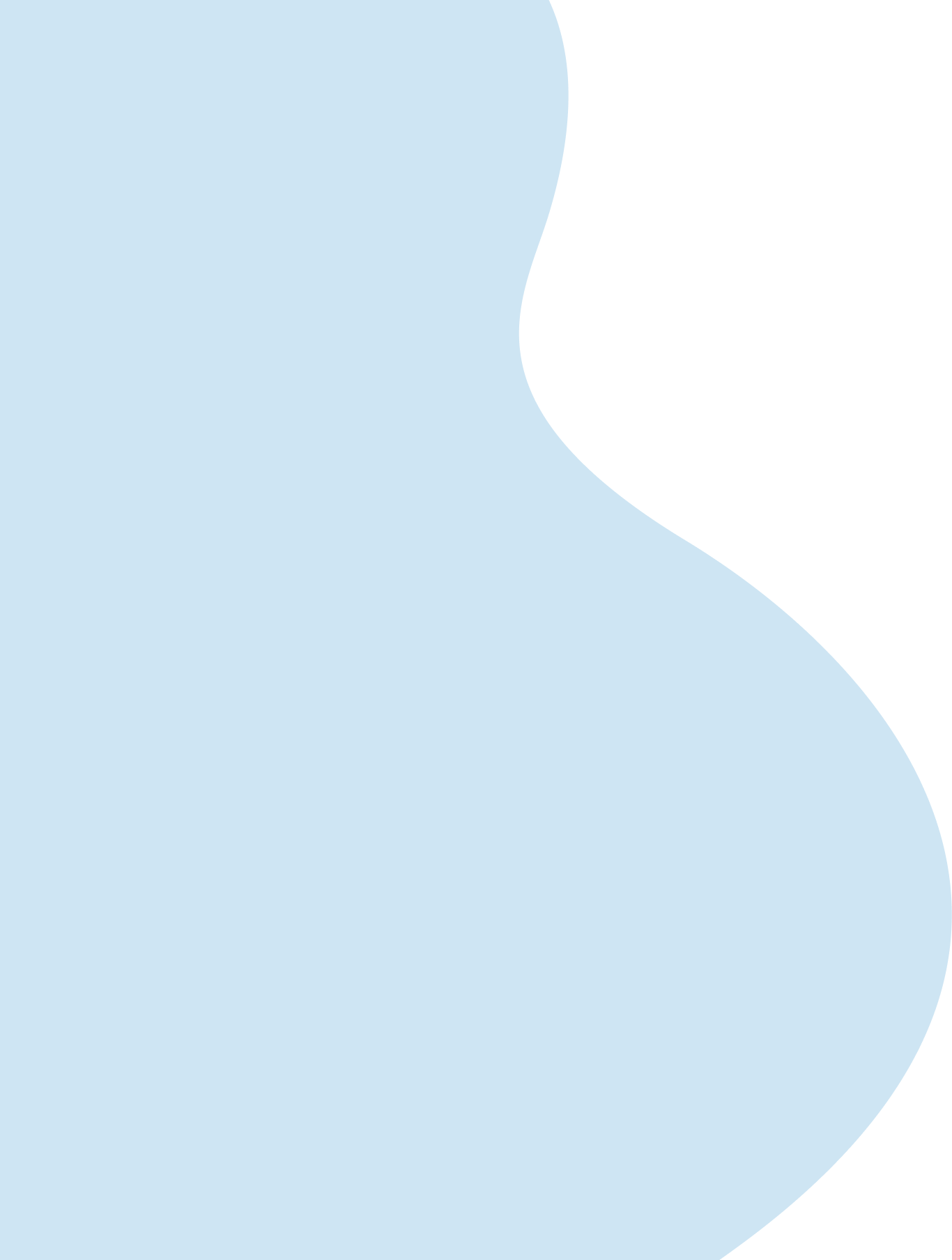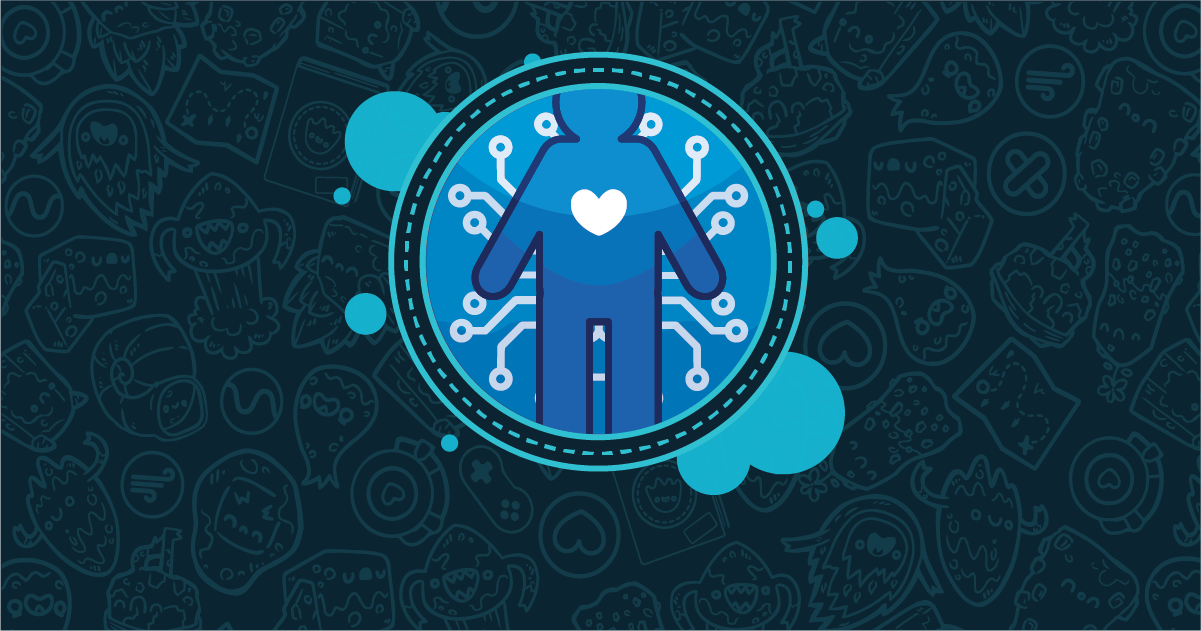At Mightier, we’re on a mission to make engaging, evidenced-based therapeutic approaches accessible for kids at home. While on the one hand, that means combining clinical expertise with game design and engineering; on the other, it means research. Our team of scientists and clinicians constantly explores new ways to expand Mightier’s reach, test theories and hypotheses around care, and ensure that our family-centered experiences remain grounded in good care and good science.
If you live in Massachusetts and your child has never played Mightier, you may be eligible for a paid research study funded by the National Institute of Health! For more information, visit our recruitment page.
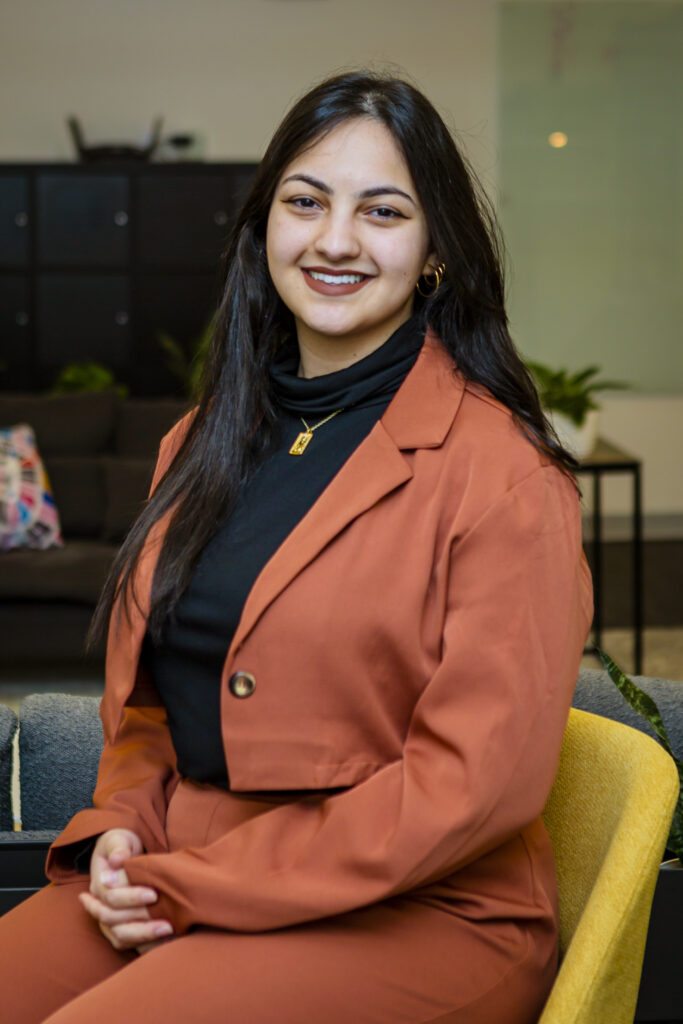
Let’s meet our research team! First, we’d like to introduce you to Fariha, Research Assistant. Born in Kabul, Afghanistan, Fariha came to the US as a refugee in 2002. She received an ScB in Applied Math-Biology from Brown University in May 2020 and will be starting medical school in August. We asked Fariha several questions about her role at Mightier, personal and professional goals, as well as inspiration around the work she does. Here’s what she said.
Why are you in research?
It’s hard to pinpoint when exactly I became interested in research. I think it stemmed from my early interest in science and the question of why the world works the way it does. I have always had a desire to make the world better – especially coming from a country that war had ravaged- and research marries those two desires perfectly. It allows me to tap into my interest in science to conduct research to help by utilizing the results to push for better solutions, policies, treatment, etc.
What do you enjoy about your research role at Mightier?
I enjoy working with participants directly. My previous experience in research during my undergraduate education, though extensive and vast (both in wet and dry labs), did not allow me to work with participants. I’ve worked with mice, bacteria, viruses, and raw data, but I really enjoy being able to talk with the participants and Mightier families about how they’re doing and getting their perspective on Mightier, the study, parenting, etc. The human interaction is one of my favorite parts of my research role at Mightier.
What do you hope to accomplish through research, either personally, professionally, or for society?
I want to leave the world better than I inherited it. My personal and professional goals are to advance care in the medical/healthcare field. With continued research, we can develop treatments and cures for the health problems people face. Through research, we can determine if our existing treatments work for everyone across race/ethnicity, gender/sex, SES, and age demographics. We can determine what the barriers to equitable care are and bridge those gaps so that everyone can live a happier, healthier life.
Are there any female researchers/scientists you admire? Why?
I don’t think there are any specific female researchers or scientists I admire, though I admire and respect all of them. Even though we have made great strides in equality, STEM is still heavily male dominated and often inaccessible to women for a variety of reasons, especially for women of color. I recognize I stand on the shoulders of all the women who came before me. Those who blazed the path for us and allowed us to attend school, receive a higher education and work in these fields. I admire all the women of color, especially those who came before me and faced both misogyny and racism, but found the strength to persevere despite the cards stacked against them. I admire all the past and current BIPOC female scientists who are moguls and giants in their fields, I admire all the BIPOC women just now entering the field, and I admire the BIPOC girls just starting their interest in science. Through my own experiences as a WOC in science, I know that research is not always welcoming to women and so I admire women who decide they no longer want to deal with it and make the decision to leave the field for their own happiness. I admire the women who have stayed in the field to hack away at the uninviting pieces so that other women will join their ranks. I admire all the women who came before me and with me and will come after me because we’re all still trying to break glass ceilings that are continuously being erected.
Any thoughts about young girls and science? Why are they important? How can we support them?
As I go into a little in the previous question, it is of vital importance that we continue to advocate for young girls, especially BIPOC girls, to pursue their interests in science. We need diversified perspectives and approaches in science and research to create better solutions and take on longstanding problems that we haven’t been able to solve. Our best way to support them is to create more spaces designed by people like them for them. Many institutions and the spaces they create are designed by and for white cis-men. When BIPOC women try to enter those spaces and institutions, they are often rejected, sometimes violently, and even if they’re accepted, it is conditional and rarely with open arms. We need to start dismantling the racism and sexism in these spaces by holding people accountable for their behavior, creating support systems like mentorship programs, and listening to what they tell us they need. We need to make BIPOC women leaders in these organizations and amplify their voices on how their more privileged counterparts can have a hand in creating a more equitable environment. While these may seem unachievable, really big things, you can start small, like calling out negative, inappropriate behavior, offering support, and helping create space for them.
Thank you, Fariha, for your work at Mightier, for your commitment to improving mental healthcare for all, and for being a strong advocate for women everywhere.



